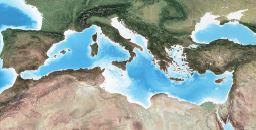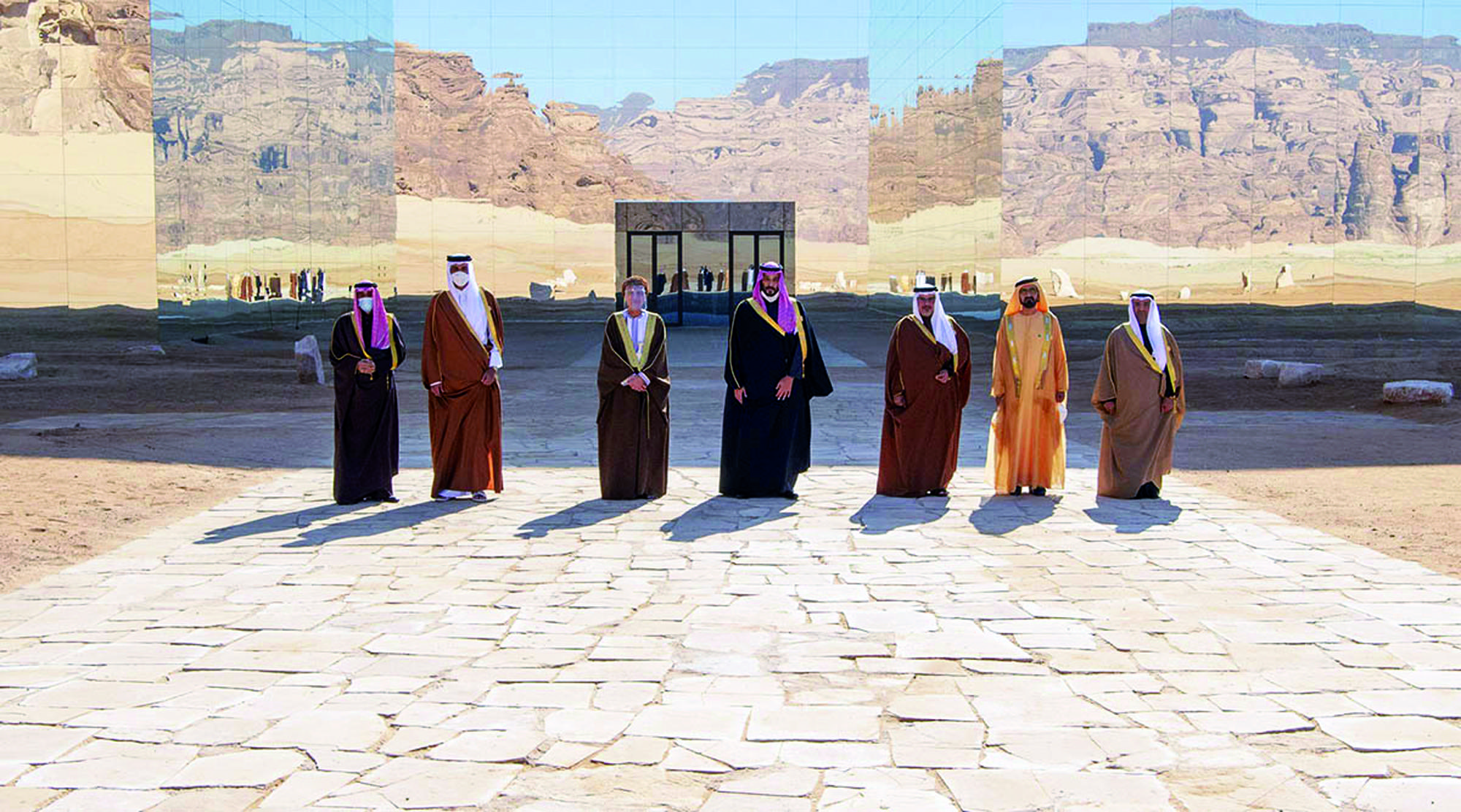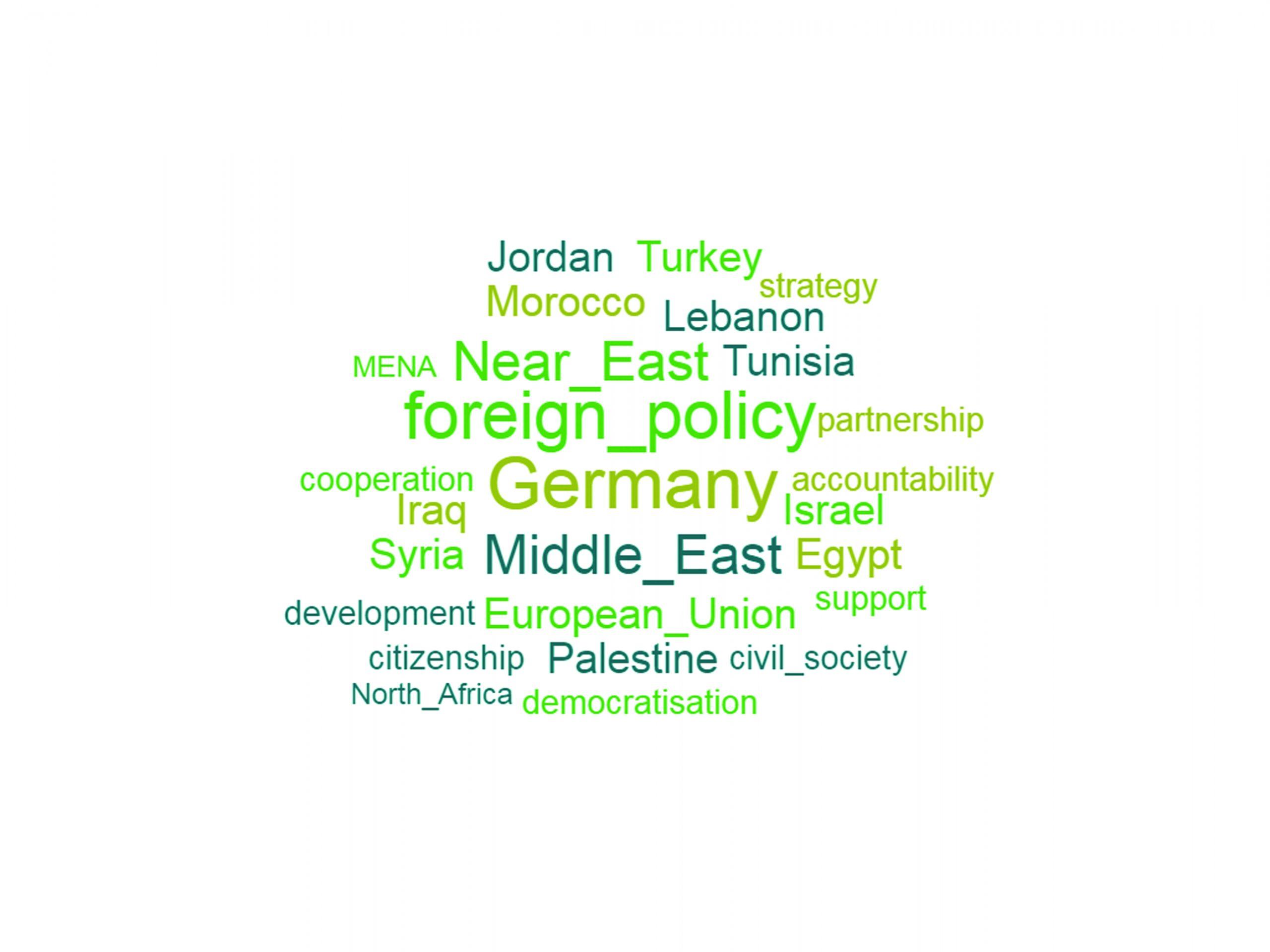Orient II 2025 – US elections and the MENA region: Changing foreign policy and security landscape
Purchase the full Issue
26,00 € incl. VAT plus Shipping CostsSelect options This product has multiple variants. The options may be chosen on the product page
Access Issue with Subscription:
Log in or purchase a subscription with archive access to read this issue online.
Editorial
Dear ORIENT readers,
The latest US elections have ushered in a new chapter in American politics, with significant implications for both the United States and the MENA region. As President Trump returns to office, the Republicans now hold a commanding presence across all branches of government, which is poised to reshape US foreign policy. With control of the legislative, judicial, and executive branches, a shift in approach to international relations, especially in the Middle East, seems imminent. The policy changes that come with this power consolidation will have far-reaching effects on the region's security and diplomatic landscape.
In this edition of ORIENT, our distinguished authors offer unique insights into the evolving role of the United States under President Trump’s second term. Robert Mason outlines the potential return of the "maximum pressure" approach against Iran, while Juan Cole provides an analysis of the humanitarian impacts of US policies in Yemen, particularly under the Trump administration. Kadir Ustun discusses the shifting dynamics of Turkish-American relations in the Middle East in the wake of Trump's re-election and Charles Dunne explores the chaos and unpredictability that may define Trump's foreign policy in the coming years. Each contribution sheds light on the changing foreign policy and security landscape, offering a comprehensive understanding of what lies ahead for the MENA region under this new chapter in US leadership. We hope this issue provides our readers with valuable insights into the challenges and opportunities that lie ahead as the US navigates its role in the MENA region under a re-energized Republican administration.
Dr. Andreas Reinicke
Director of the German Orient-Institute







